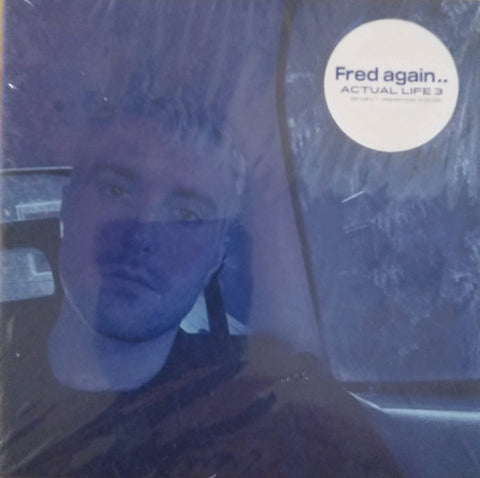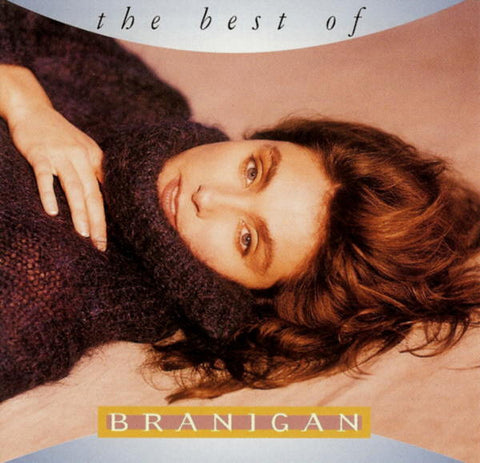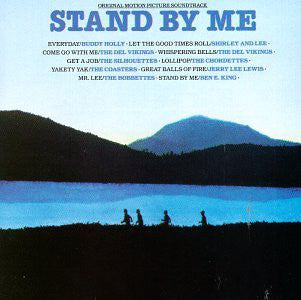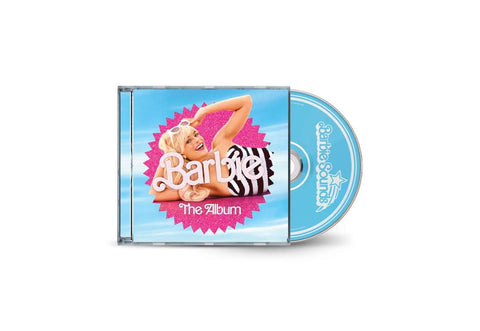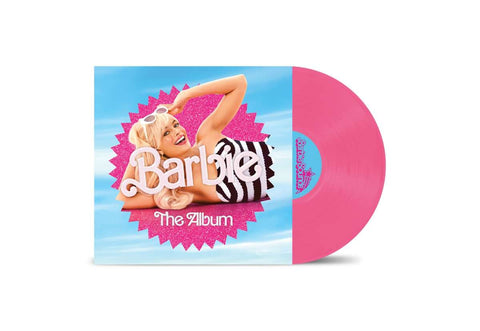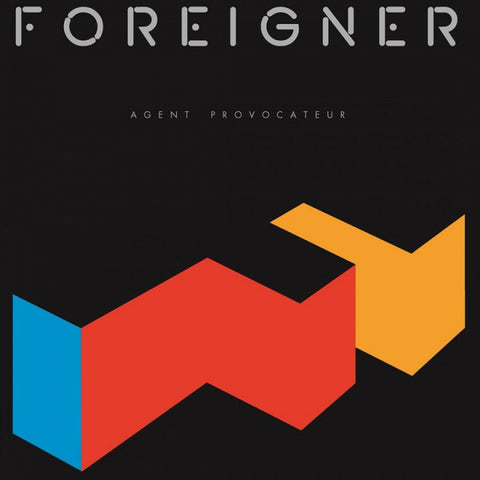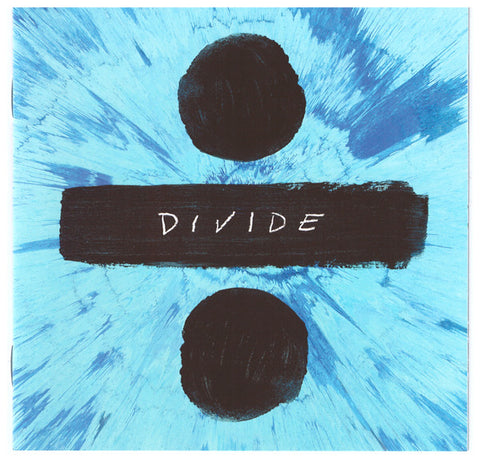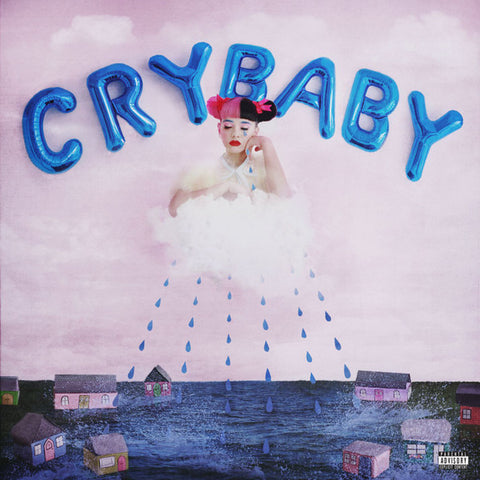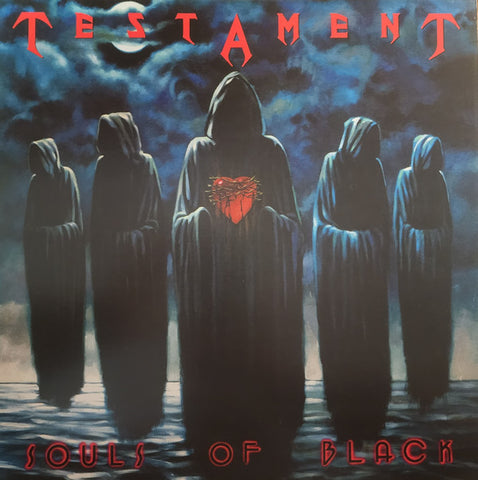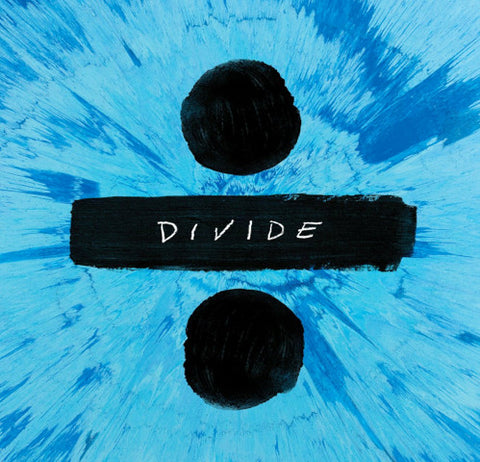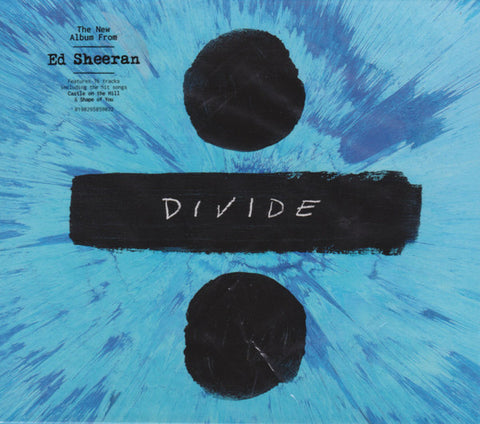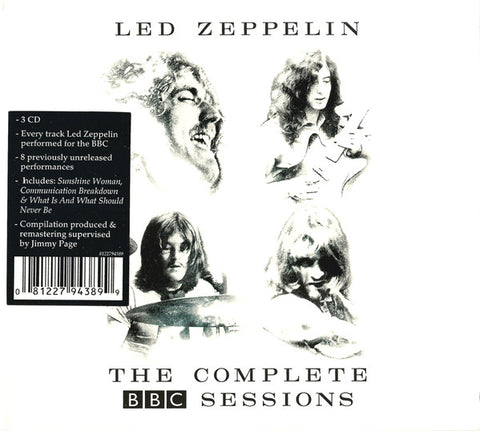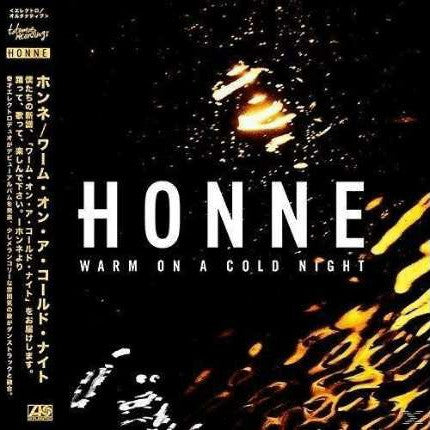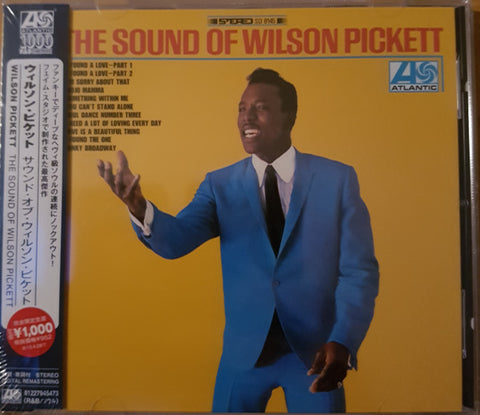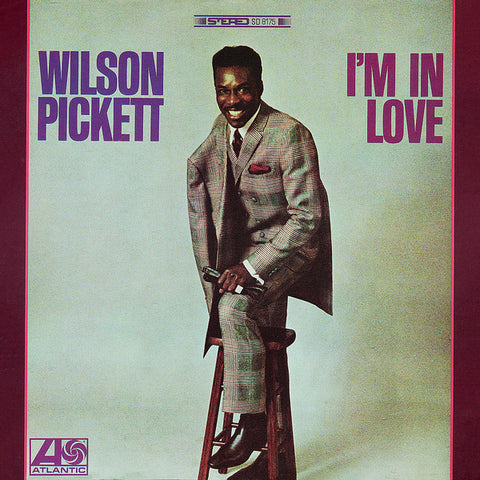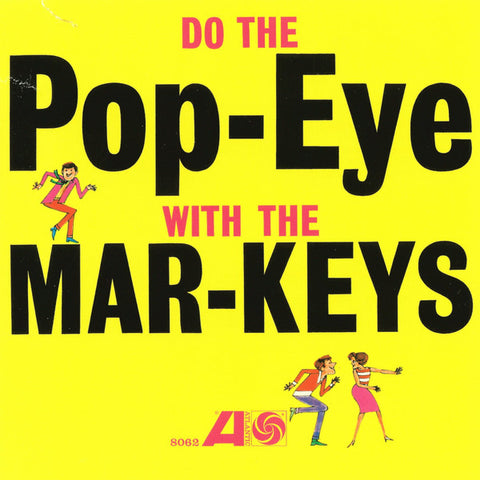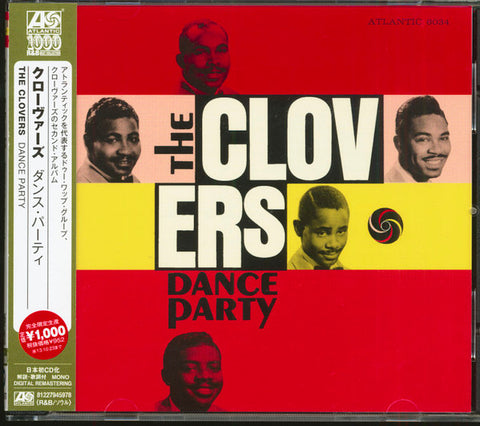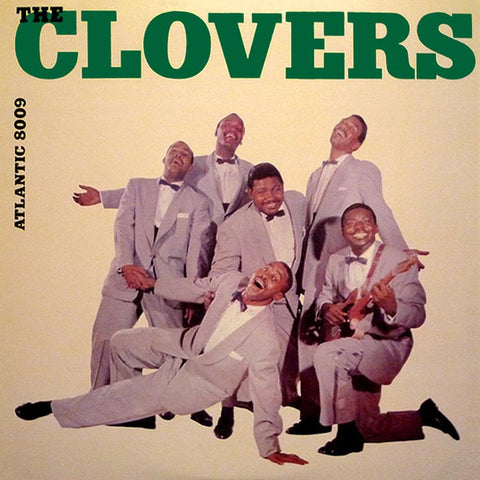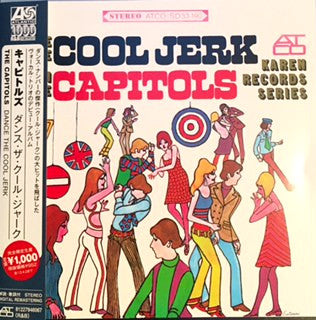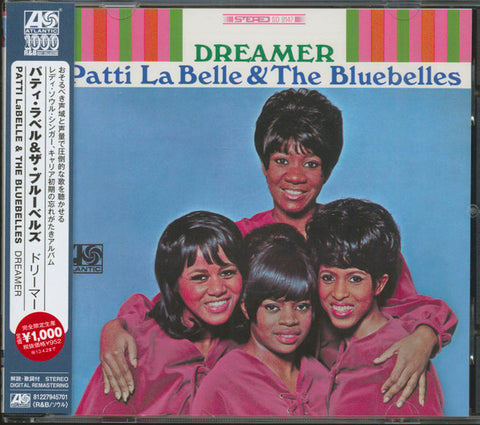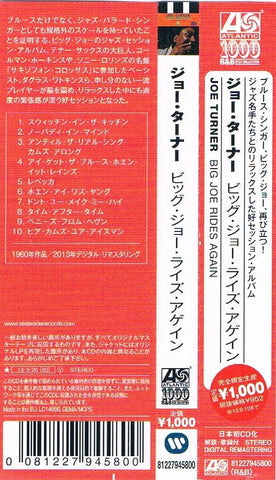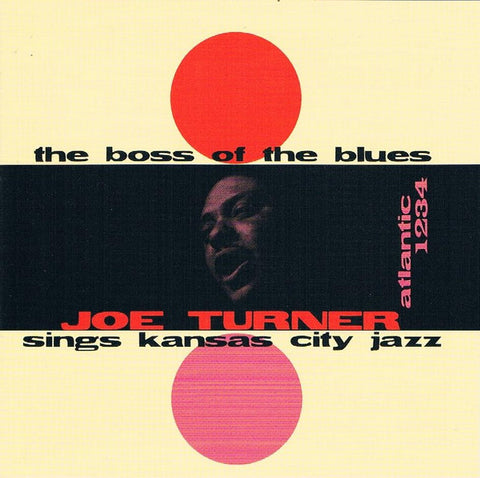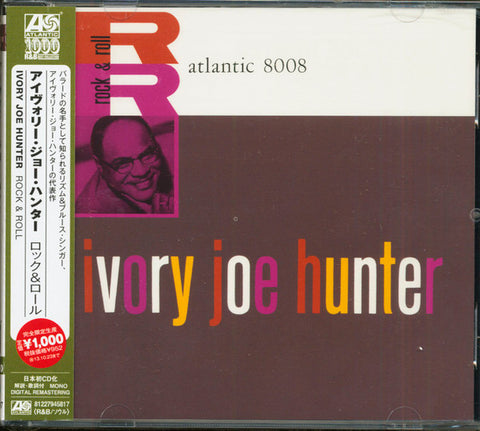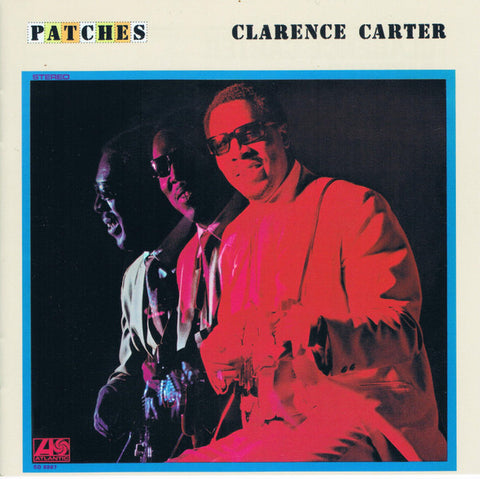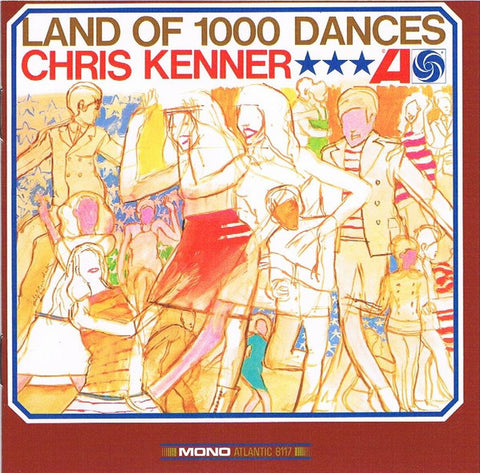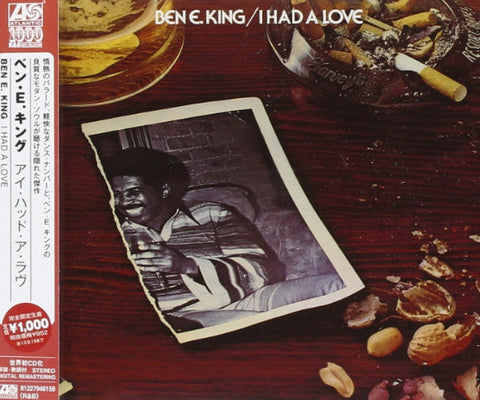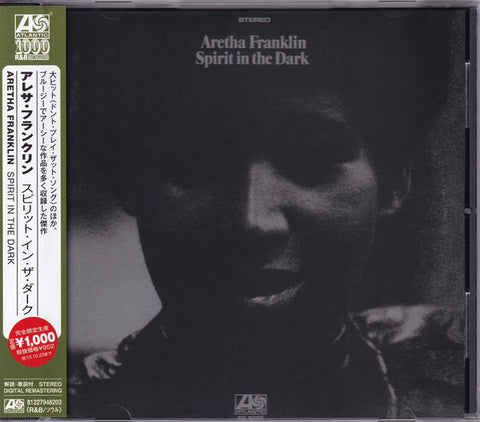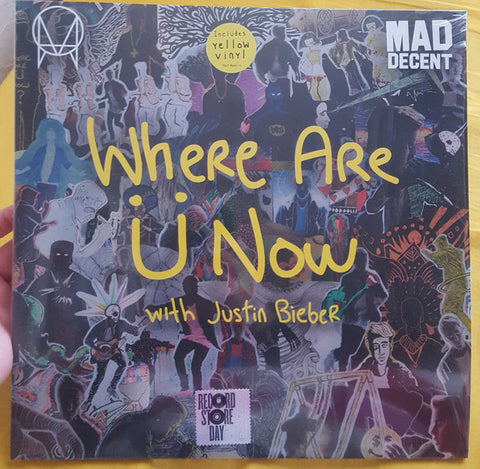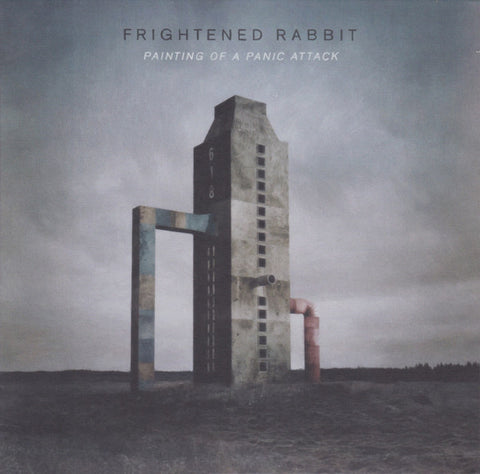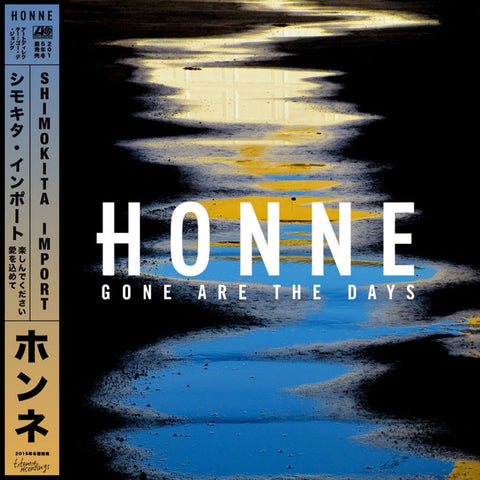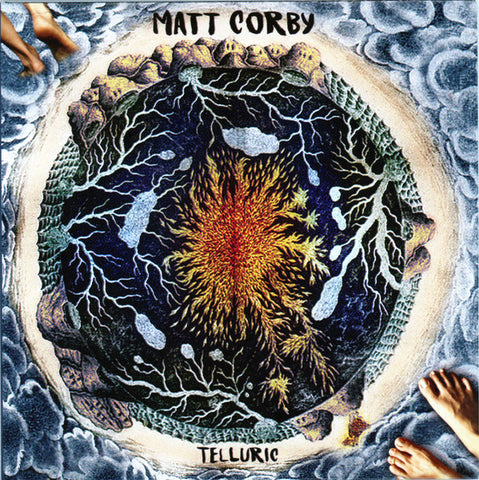You have no items in your shopping cart.
Atlantic

American record label.
Label Code: LC 0121 / LC 00121.
In 1947, Ahmet Ertegun, Herb Abramson and his wife Miriam Abramson (née Miriam Kahan) started an independent record label in New York City, which they named Atlantic Records, with financial backing from a Turkish dentist, Dr. Vahdi Sabi. They were later joined by Ahmet's brother Nesuhi Ertegun and Jerry Wexler. Growing from literally a one-room operation into one of the preeminent companies in the rapidly evolving music industry, the Atlantic label soon became recognized and revered around the world — a name synonymous with artistry and quality.
Atlantic was purchased in 1967 by the Warner Bros-Seven Arts film studio. Atlantic/ATCO Records, along with Warner Bros. Records/Reprise Records, were to be operated as separate record companies under this ownership umbrella. This continued until 1969, when Warner Bros-Seven Arts was purchased by Kinney National Company. Warner Bros. and Atlantic were brought together, Ahmet Ertegün was given considerable power in the new operation and he, along with both the president and chairman of Warner Bros. Records Mo Austin, served on a committee to oversee the record business. They oversaw the purchase of Elektra from its founder Jac Holzman in 1970, leading to the creation of the Warner-Elektra-Atlantic (WEA) alliance and distribution network.
Today, Atlantic remains a part of the Warner Music Group, and forms the Atlantic Music Group along with Elektra, Rhino Records (which Atlantic bought out in 1992) and Lava; EastWest Records America was switched to Elektra when Sylvia Rhone became president of that label in 1995.
Identification
For counterfeit editions and other unofficial versions of its releases, please see Atlantic.
Offices moved to 75 Rockefeller Plaza, New York, in 1973, with the new addressing beginning to appear on labels in November 1973.
The Saul Bass-designed "W" lozenge logo was introduced on the sleeves in January 1975 and on the labels in April 1975.
ZIP code on labels changed to 91510 beginning in early 1976.
Please note that some US cassettes and 8-tracks have an ATL code on the spine or elsewhere near or above the catalogue number. This is not part of the catalogue number and should not be entered as such. Instead, it's a label identification code and may be entered in the Barcode and Other Identifiers fields as Other.
Early 45s were released on yellow labels until January 1956, and on red labels after that date.
In March 1962, a small swirl logo was added underneath the "A" of "Atlantic."
Please note: disco 12" singles that show "DSKO" in the release number are promos.
Please note that when it comes to promo releases released on Atlantic Records and many of its subsidiaries, such as Big Beat and East West Records America, the outside jacket sticker will contain the commercial catalog number and the inner label will contain the promo catalog number or sometimes both.
45 RPM catalog number, date and label identification:
- 932 through 1083 (1951-1956): Yellow and black label without fan logo.
- 1084 through 2134 (1956-1962): Red and black label without fan logo.
- 2135 and higher (1962 forward): Red and black label with fan logo.
Regarding earlier numbers, below 932, Atlantic 919 was issued on 45 rpm and there's a possibility that 914 was also on 45. Both labels would be as described for Atlantic 932 through 1083. In the early 1970s, Atlantic reissued many of their 932 through 1083 numbers on yellow and black (with fan logo) labels. These used a glossy label stock, whereas the originals were done on a flat paper stock.
Atlantic Records pressing plant codes (printed in the label matrix number suffixes):
AM: American Record Pressing Co. (ARP runout stamp)
AR: Allied Record Company
BW: Bestway Products Inc.
CLA: Capitol Records Pressing Plant, Los Angeles
CP: Columbia Records Pressing Plant, Pitman
CS / CSM: Columbia Records Pressing Plant, Santa Maria
CT / CTH: Columbia Records Pressing Plant, Terre Haute
DCE (Decca Custom East): MCA Pressing Plant, Gloversville
DCW (Decca Custom West): MCA Pressing Plant, Pinckneyville
FT: Fidelatone Mfg.
GR: GRT Record Pressing
LY: Shelley Products
ME: Not identified
MG: MGM Records Division
MO: Monarch Record Mfg. Co.
MS: Not identified
PL: Plastic Products
PP: Peter Pan Industries
PR: Presswell
RI: Philips Recording Company, Inc. (between 1970 to April 1972); PRC Recording Company, Richmond, IN (after April 1972)
SO / SRP / VSRP: Sonic Recording Products, Inc.
SP: Specialty Records Corporation
VGRP: Goldisc Recording Products, Inc.
W: Columbia Records Pressing Plant, Carrollton, GA
WM: Midwest Record Pressing, Inc.
For plant codes found in runouts (starting circa January 1967), please see Common runout groove etchings.
French singles:
Catalog number patterns:
- Vocal: 11xxxx until 1964 / 65xxxx after
- Instrumental: 12xxxx
- Jazz/Blues: 13xxxx
***
- Squared BIEM (1959-1965)
- Circled BIEM (1965)
- Rectangled BIEM (after)
French EPs:
Catalog number patterns:
- Vocal: 21xxxx until 1964 / 75xxxx after
- Instrumental: 22xxxx
- Jazz/Blues: 23xxxx
***
- Squared BIEM (1959-1965)
- Circled BIEM (1965)
- Rectangled BIEM (after)
Label Code: LC 0121 / LC 00121.
In 1947, Ahmet Ertegun, Herb Abramson and his wife Miriam Abramson (née Miriam Kahan) started an independent record label in New York City, which they named Atlantic Records, with financial backing from a Turkish dentist, Dr. Vahdi Sabi. They were later joined by Ahmet's brother Nesuhi Ertegun and Jerry Wexler. Growing from literally a one-room operation into one of the preeminent companies in the rapidly evolving music industry, the Atlantic label soon became recognized and revered around the world — a name synonymous with artistry and quality.
Atlantic was purchased in 1967 by the Warner Bros-Seven Arts film studio. Atlantic/ATCO Records, along with Warner Bros. Records/Reprise Records, were to be operated as separate record companies under this ownership umbrella. This continued until 1969, when Warner Bros-Seven Arts was purchased by Kinney National Company. Warner Bros. and Atlantic were brought together, Ahmet Ertegün was given considerable power in the new operation and he, along with both the president and chairman of Warner Bros. Records Mo Austin, served on a committee to oversee the record business. They oversaw the purchase of Elektra from its founder Jac Holzman in 1970, leading to the creation of the Warner-Elektra-Atlantic (WEA) alliance and distribution network.
Today, Atlantic remains a part of the Warner Music Group, and forms the Atlantic Music Group along with Elektra, Rhino Records (which Atlantic bought out in 1992) and Lava; EastWest Records America was switched to Elektra when Sylvia Rhone became president of that label in 1995.
Identification
For counterfeit editions and other unofficial versions of its releases, please see Atlantic.
Offices moved to 75 Rockefeller Plaza, New York, in 1973, with the new addressing beginning to appear on labels in November 1973.
The Saul Bass-designed "W" lozenge logo was introduced on the sleeves in January 1975 and on the labels in April 1975.
ZIP code on labels changed to 91510 beginning in early 1976.
Please note that some US cassettes and 8-tracks have an ATL code on the spine or elsewhere near or above the catalogue number. This is not part of the catalogue number and should not be entered as such. Instead, it's a label identification code and may be entered in the Barcode and Other Identifiers fields as Other.
Early 45s were released on yellow labels until January 1956, and on red labels after that date.
In March 1962, a small swirl logo was added underneath the "A" of "Atlantic."
Please note: disco 12" singles that show "DSKO" in the release number are promos.
Please note that when it comes to promo releases released on Atlantic Records and many of its subsidiaries, such as Big Beat and East West Records America, the outside jacket sticker will contain the commercial catalog number and the inner label will contain the promo catalog number or sometimes both.
45 RPM catalog number, date and label identification:
- 932 through 1083 (1951-1956): Yellow and black label without fan logo.
- 1084 through 2134 (1956-1962): Red and black label without fan logo.
- 2135 and higher (1962 forward): Red and black label with fan logo.
Regarding earlier numbers, below 932, Atlantic 919 was issued on 45 rpm and there's a possibility that 914 was also on 45. Both labels would be as described for Atlantic 932 through 1083. In the early 1970s, Atlantic reissued many of their 932 through 1083 numbers on yellow and black (with fan logo) labels. These used a glossy label stock, whereas the originals were done on a flat paper stock.
Atlantic Records pressing plant codes (printed in the label matrix number suffixes):
AM: American Record Pressing Co. (ARP runout stamp)
AR: Allied Record Company
BW: Bestway Products Inc.
CLA: Capitol Records Pressing Plant, Los Angeles
CP: Columbia Records Pressing Plant, Pitman
CS / CSM: Columbia Records Pressing Plant, Santa Maria
CT / CTH: Columbia Records Pressing Plant, Terre Haute
DCE (Decca Custom East): MCA Pressing Plant, Gloversville
DCW (Decca Custom West): MCA Pressing Plant, Pinckneyville
FT: Fidelatone Mfg.
GR: GRT Record Pressing
LY: Shelley Products
ME: Not identified
MG: MGM Records Division
MO: Monarch Record Mfg. Co.
MS: Not identified
PL: Plastic Products
PP: Peter Pan Industries
PR: Presswell
RI: Philips Recording Company, Inc. (between 1970 to April 1972); PRC Recording Company, Richmond, IN (after April 1972)
SO / SRP / VSRP: Sonic Recording Products, Inc.
SP: Specialty Records Corporation
VGRP: Goldisc Recording Products, Inc.
W: Columbia Records Pressing Plant, Carrollton, GA
WM: Midwest Record Pressing, Inc.
For plant codes found in runouts (starting circa January 1967), please see Common runout groove etchings.
French singles:
Catalog number patterns:
- Vocal: 11xxxx until 1964 / 65xxxx after
- Instrumental: 12xxxx
- Jazz/Blues: 13xxxx
***
- Squared BIEM (1959-1965)
- Circled BIEM (1965)
- Rectangled BIEM (after)
French EPs:
Catalog number patterns:
- Vocal: 21xxxx until 1964 / 75xxxx after
- Instrumental: 22xxxx
- Jazz/Blues: 23xxxx
***
- Squared BIEM (1959-1965)
- Circled BIEM (1965)
- Rectangled BIEM (after)
Sort by:
Show:
Total 72 Items



